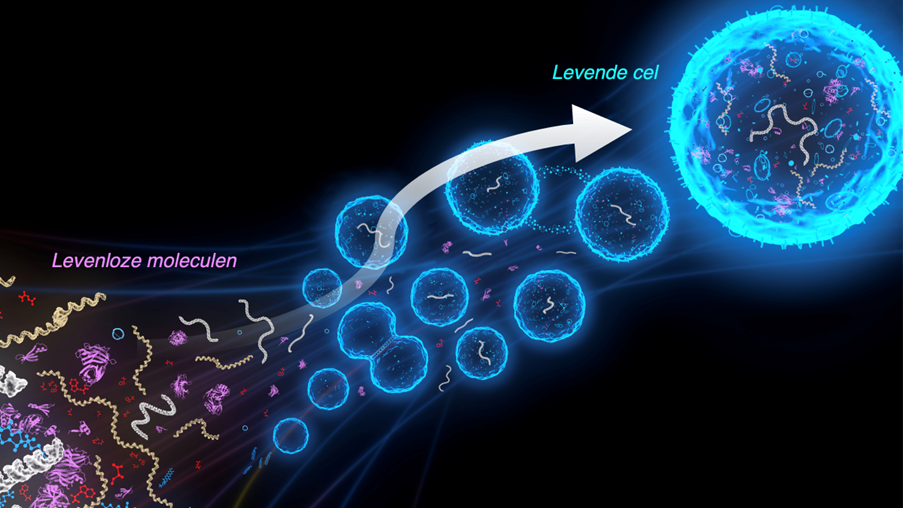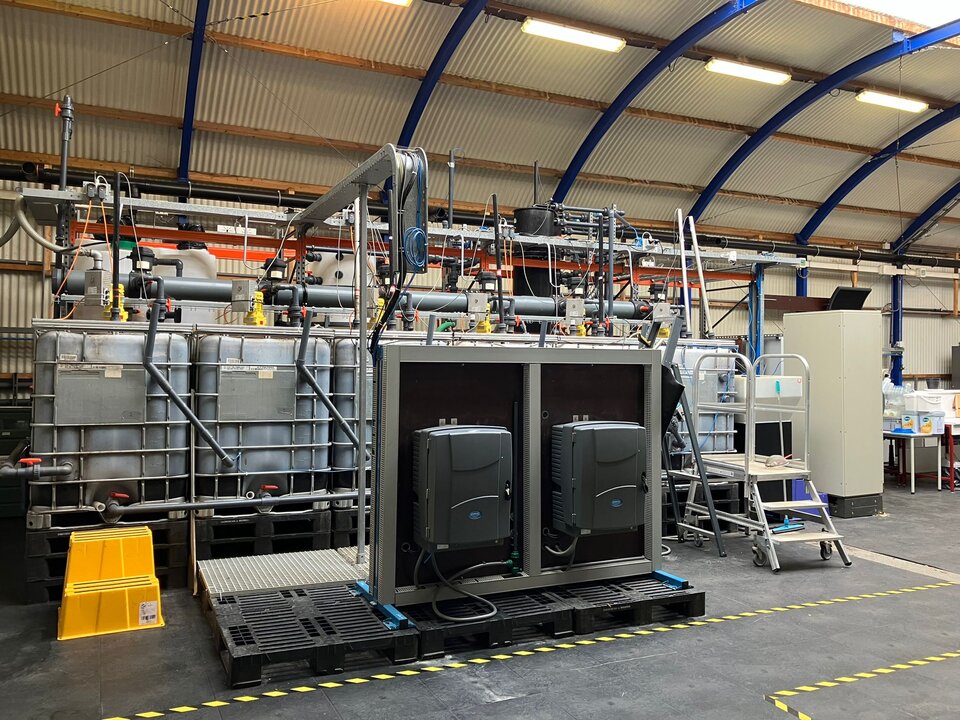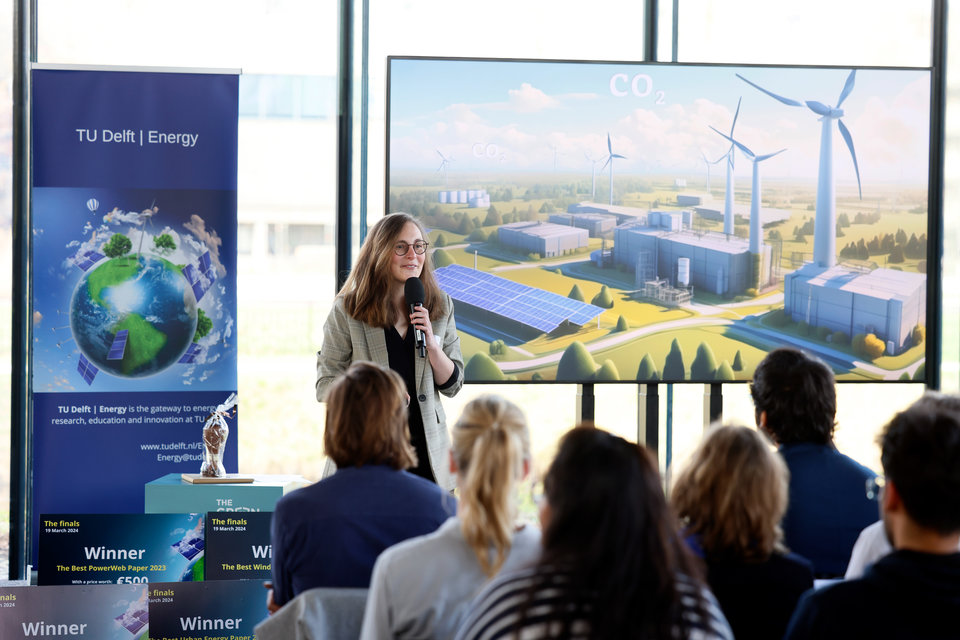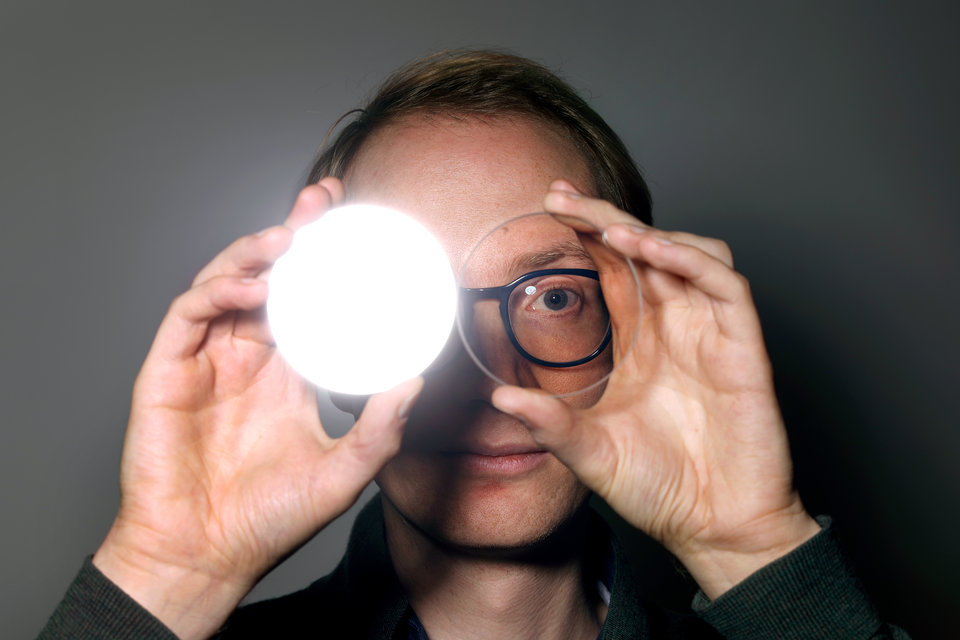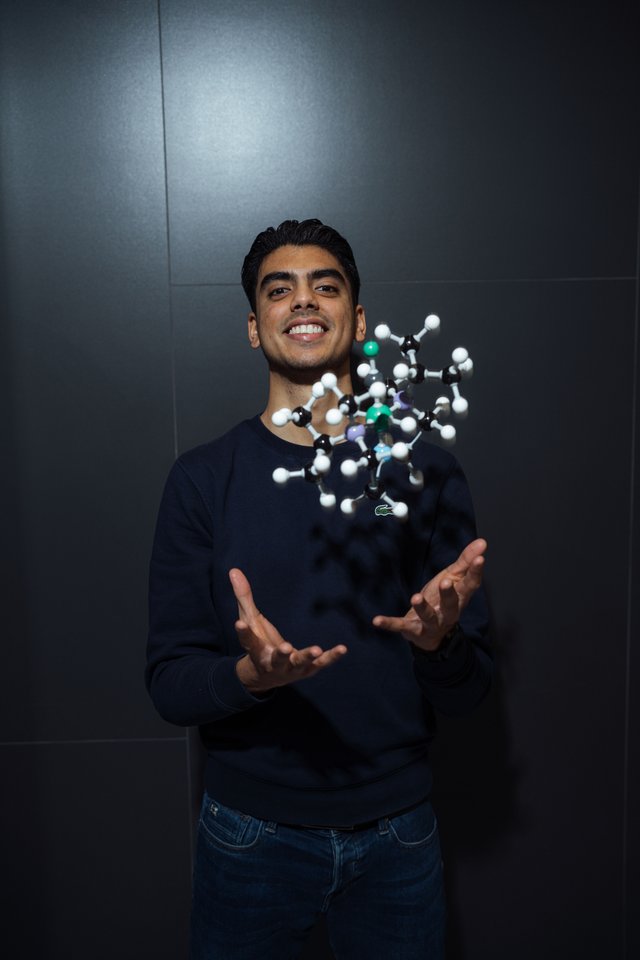Stories of scientists
Agenda
This content is being blocked for you because it contains cookies. Would you like to view this content? By clicking here, you will automatically allow the use of cookies.



